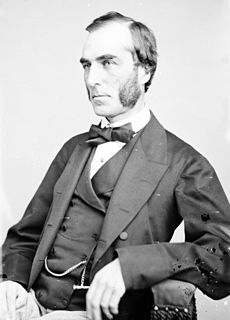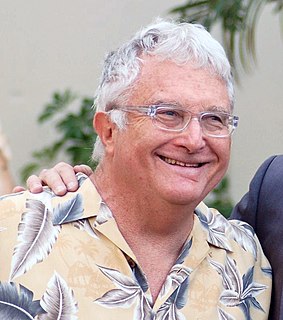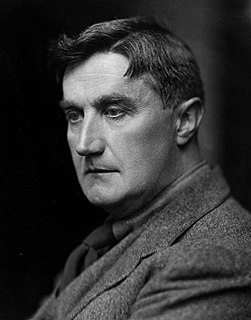A Quote by Goldwin Smith
The insular arrogance of the English character is a commonplace joke.
Related Quotes
I found very interesting - trying to separate the different facets of Superman in that way. When you're aware of how people perceive you, you can't always remain true to yourself, and that was an interesting thing for me to apply to the character as well - exploring these different facets of his personality while having certain bits of it stripped away. The arrogance of a person who would have the kind of power that Superman does - we see that in The Return of Superman. Superman is not that character, but since he has all of those powers, he has that capacity for arrogance.
There's different kinds of improv. There's Second City improv where you try to slowly build a nice sketch. There's stuff you do in college coffee houses where you just go joke, joke, joke. Bring another funny character with a funny hat on his head. Christopher Guest is more the line of trying to get a story out.
As a nation, we English tend to be self-deprecating, looking down on ourselves. We're insular but also flexible, whereas in Germany, it's a case of besser wissen - we know better. That's very Deutsch. People are never frightened to tell you what you're doing wrong, in a way that would never happen in England.








































